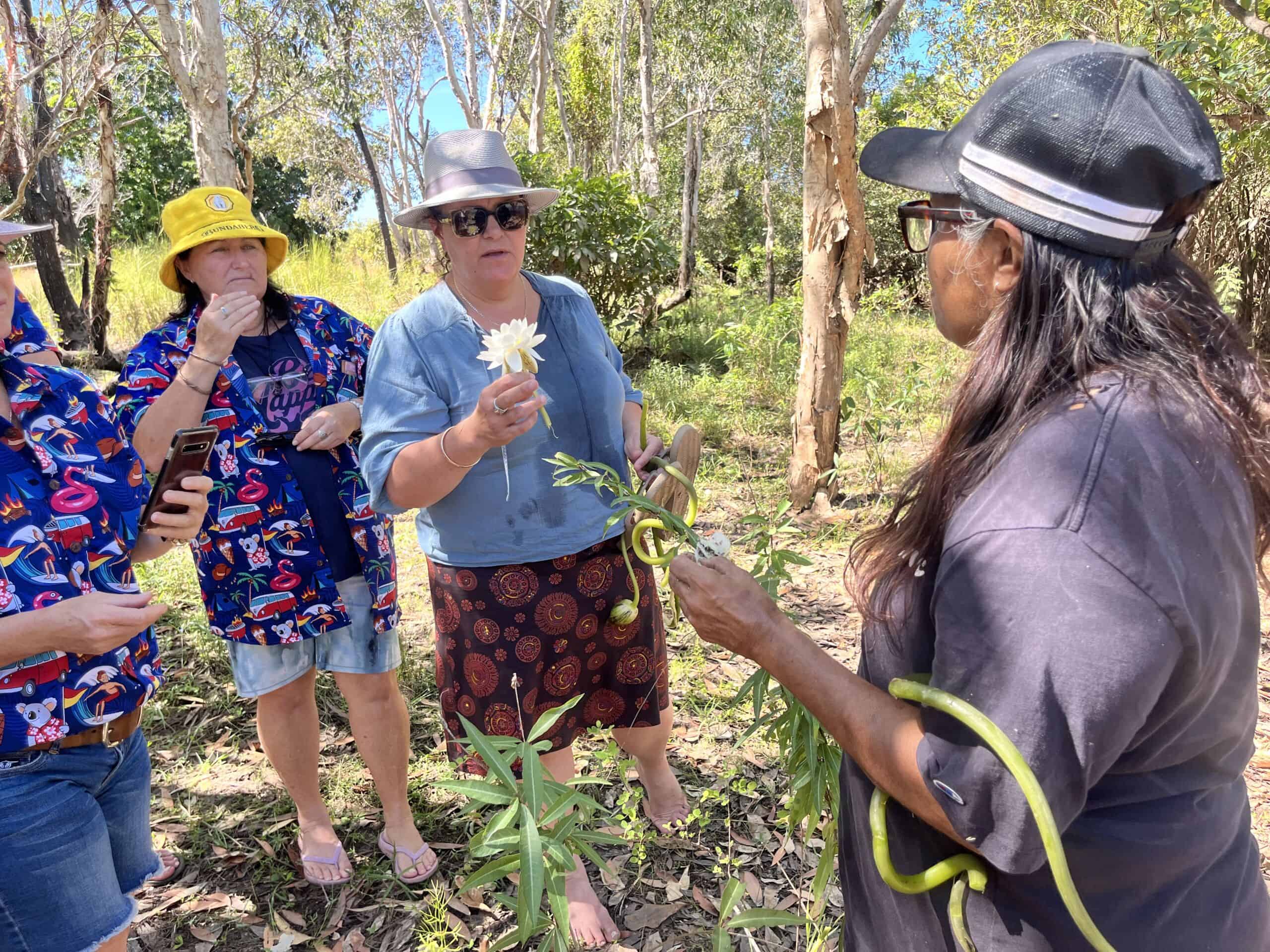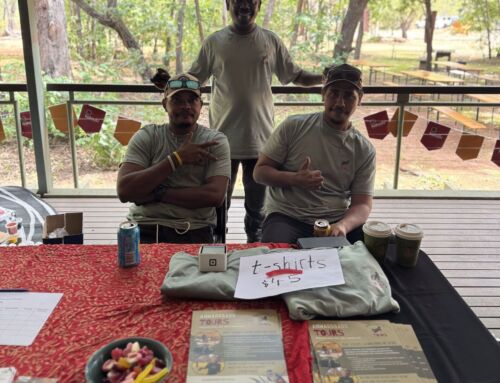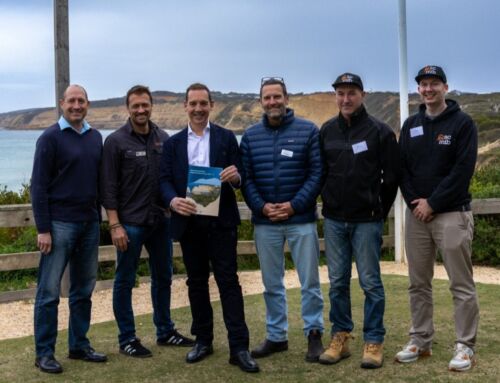For many of us, the idea of sitting down and attempting to map out the business plan in our heads is a nightmare task often sitting deep in the pile of our ‘to-do’ lists.
Business plans, however, are critical to our business development, compliance, growth, sustainability and paving the pathway to our success. There are many great templates and checklists available, but sometimes these too can be overwhelming or may not be the right ‘fit’, especially for the spectrum of different industries and in particular First Nations tourism businesses.
We respect that for many First Nations businesses, the process of starting up or growing a business can be complex. There are cultural layers and obligations to navigate in addition to ‘business way’ expectations. Tourism in particular presents further considerations such as accessing Country, Indigenous Cultural and Intellectual Property protocols, cultural authorisation to share stories and knowledge, cultural business, family and community obligations and at times remote area challenges.
It is important to acknowledge and balance the ‘cultural way’ with the ‘business way’ and interpret this clearly in First Nations tourism business plans. TRC Tourism has been continually adapting our approaches when working with First Nations people on tourism business plans, learning how to appropriately embed tourism business requirements with local cultural obligations and aspirations. Unlike many corporate plans and strategies where success is measured by dollars in the bank, visitor numbers and jobs created, we’ve learned for First Nations tourism businesses it’s about keeping Country, culture and community strong and healthy. It’s about fostering respect, healing and understanding of First Nations people and cultures, creating opportunities to live and work on Country and securing sustainable employment pathways for young people.
‘We have to give it away to keep it’ Jordan Nye | Owner/Director Muladha Gumara on sharing culture through tourism.
A First Nations tourism business plan is a complete reframe on traditional business plans. We need to adjust our lenses from what we know about ‘tourism and business’ and apply a cultural lens that is relevant to people and place, creating holistic solutions that meet the needs of both.
‘You have two eyes, two ears but only one mouth. That means you need to do twice as much listening and seeing, and much less talking.’ Dambimangari Aboriginal Corporation members on conducting appropriate consultation.
The thought of preparing a business plan may bring on a headache for some. But the truth is, a business plan paves the pathway towards achieving your dreams, creating change and making a difference – for you, your family, your community, your culture, your customers, your home and the places that you love. It captures the goals to be achieved and provides the short and long-term steps to make it happen.
And business plans aren’t just a useful tool for your business, they enable access to grant funding, certification, permits for special places such as national parks and award recognition.
To learn more about TRC’s approach to First Nations Tourism Business Planning, check out some of our recent project examples:
NSW DPI First Nations Tourism Business Planning Program
Kakadu Billabong Safari Camp Business Plan and Trade Distribution Strategy
Gamaay Aboriginal Corporation Tourism Business Plan
Ayal Aboriginal Tours Kakadu Business Marketing and Operations Plan
To access a range of available resources to get your started on your own business planning journey, visit:
The Australian Tourism Toolkit
Develop your business plan | business.gov.au
Starting a business – Indigenous Business Australia (iba.gov.au)
‘I got some funding from Tourism NT (NT Government) for TRC to help me develop a Trade Distribution Strategy and update my Business Plan. These are tools I now refer back to constantly – they are a guide for our family business to go forward with clear steps to help us implement our vision and goals.’
Mandy Muir | Owner/Director Kakadu Billabong Safari Camp






